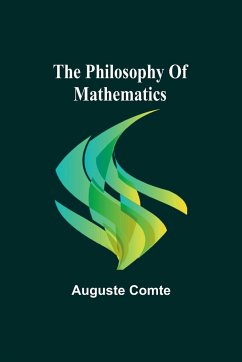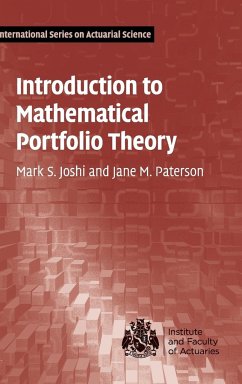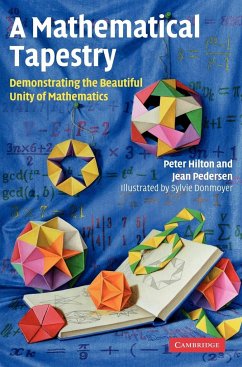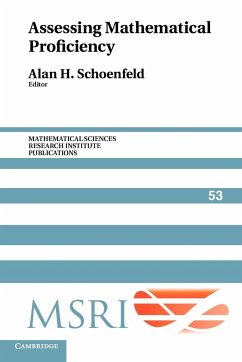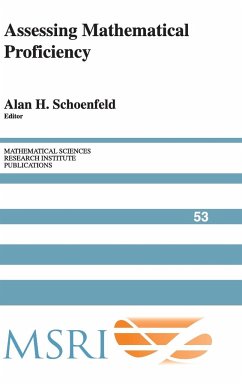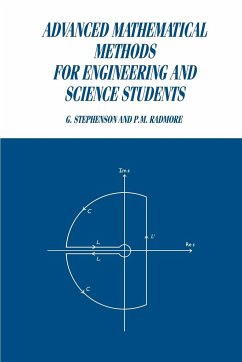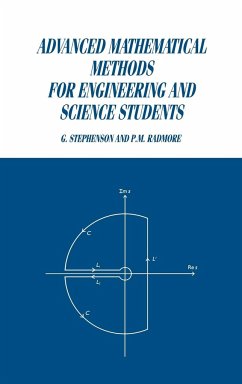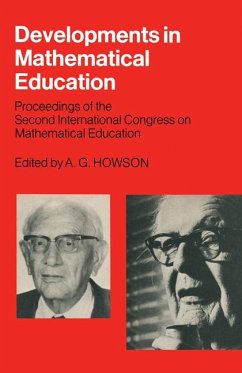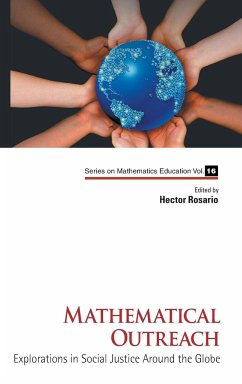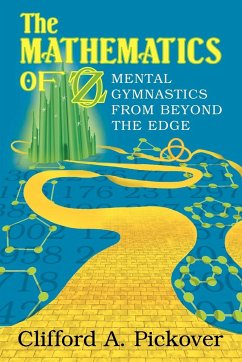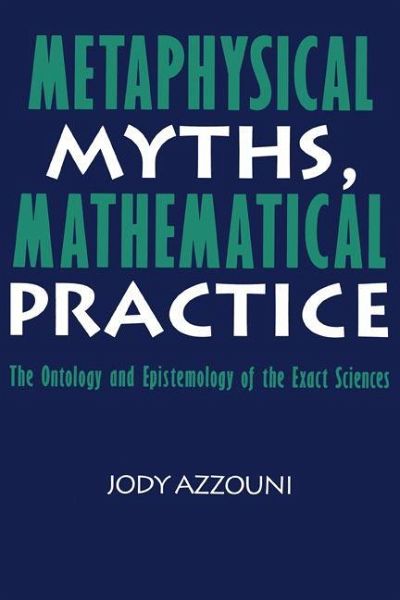
Metaphysical Myths, Mathematical Practice

PAYBACK Punkte
55 °P sammeln!
This original and exciting study offers a completely new perspective on the philosophy of mathematics. Most philosophers of mathematics try to show either that the sort of knowledge mathematicians have is similiar to the sort of knowledge specialists in the empirical sciences have or that the kind of knowledge mathematicians have, although apparently about objects such as numbers, sets, and so on, isn't really about those sorts of things as well. Jody Azzouni argues that mathematical knowledge really is a special kind of knowledge with its own special means of gathering evidence. He analyses t...
This original and exciting study offers a completely new perspective on the philosophy of mathematics. Most philosophers of mathematics try to show either that the sort of knowledge mathematicians have is similiar to the sort of knowledge specialists in the empirical sciences have or that the kind of knowledge mathematicians have, although apparently about objects such as numbers, sets, and so on, isn't really about those sorts of things as well. Jody Azzouni argues that mathematical knowledge really is a special kind of knowledge with its own special means of gathering evidence. He analyses the linguistic pitfalls and misperceptions philosophers in this field are often prone to, and explores the misapplications of epistemic principles from the empirical sciences to the exact sciences. What emerges is a picture of mathematics both sensitive to mathematical practice, and to the ontological and epistemological issues that concern philosophers.
Table of contents:
Part I. Mathematical Practice and its Puzzles: 1. Metaphysical inertness; 2. Metaphysical inertness and reference; 3. The virtues of (second-order) theft; 4. Intuitions about reference and axiom systems; 5. Comparing mathematical terms and empirical terms I; 6. Comparing mathematical terms and empirical terms II; 7. The epistemic role puzzle; 8. Benacerraf's puzzle; Quine's approach I; Quine's approach II; Part II. The Stuff of Mathematics: Posits and Algorithms: 1. Introduction; 2. An initial picture; 3. Application and truth; 4. Systems, application and truth; 5. Quine's objections to truth by convention; 6. Grades of ontological commitment; 7. Multiply interpreting systems; 8. Intuitions about reference revisited; Part III. The Geography of the A Priori: 1. Introduction; 2. Algorithms again; 2. Some observations on metamathematics; 4. Incorrigible co-empiricalness; 5. Why there are no incorrigible co-empirical truths; 6. Normative considerations, the success of applied mathematics, concluding thoughts; Appendix; Bibliography; Index.
Jody Azzouni argues that mathematical knowledge really is a special kind of knowledge with its own special means of gathering evidence.
Jody Azzouni argues that mathematical knowledge really is a special kind of knowledge with its own special means of gathering evidence.
Table of contents:
Part I. Mathematical Practice and its Puzzles: 1. Metaphysical inertness; 2. Metaphysical inertness and reference; 3. The virtues of (second-order) theft; 4. Intuitions about reference and axiom systems; 5. Comparing mathematical terms and empirical terms I; 6. Comparing mathematical terms and empirical terms II; 7. The epistemic role puzzle; 8. Benacerraf's puzzle; Quine's approach I; Quine's approach II; Part II. The Stuff of Mathematics: Posits and Algorithms: 1. Introduction; 2. An initial picture; 3. Application and truth; 4. Systems, application and truth; 5. Quine's objections to truth by convention; 6. Grades of ontological commitment; 7. Multiply interpreting systems; 8. Intuitions about reference revisited; Part III. The Geography of the A Priori: 1. Introduction; 2. Algorithms again; 2. Some observations on metamathematics; 4. Incorrigible co-empiricalness; 5. Why there are no incorrigible co-empirical truths; 6. Normative considerations, the success of applied mathematics, concluding thoughts; Appendix; Bibliography; Index.
Jody Azzouni argues that mathematical knowledge really is a special kind of knowledge with its own special means of gathering evidence.
Jody Azzouni argues that mathematical knowledge really is a special kind of knowledge with its own special means of gathering evidence.





